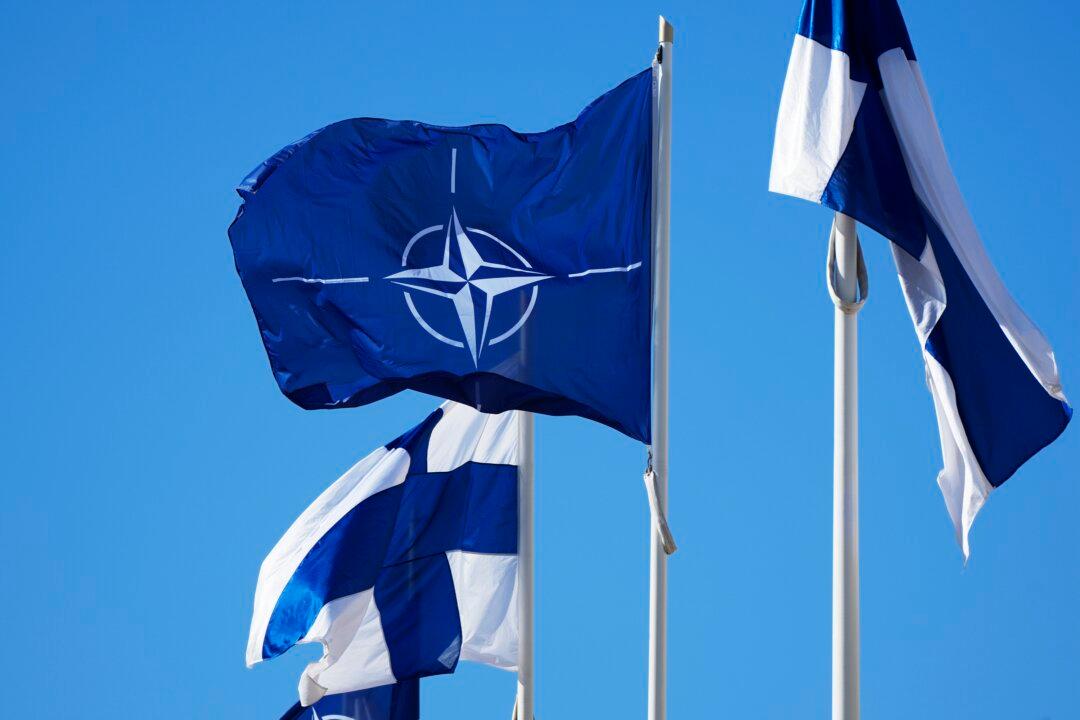A submarine data communications cable across the Baltic Sea between Finland and Germany has broken, and the cause for the disruption is being investigated.
On Nov. 18, “a fault” was detected in the C-Lion1 cable belonging to Finnish state-controlled data services provider Cinia, which runs nearly 1,200 kilometers (about 746 miles) from the Finnish capital, Helsinki, to the German port city of Rostock.




